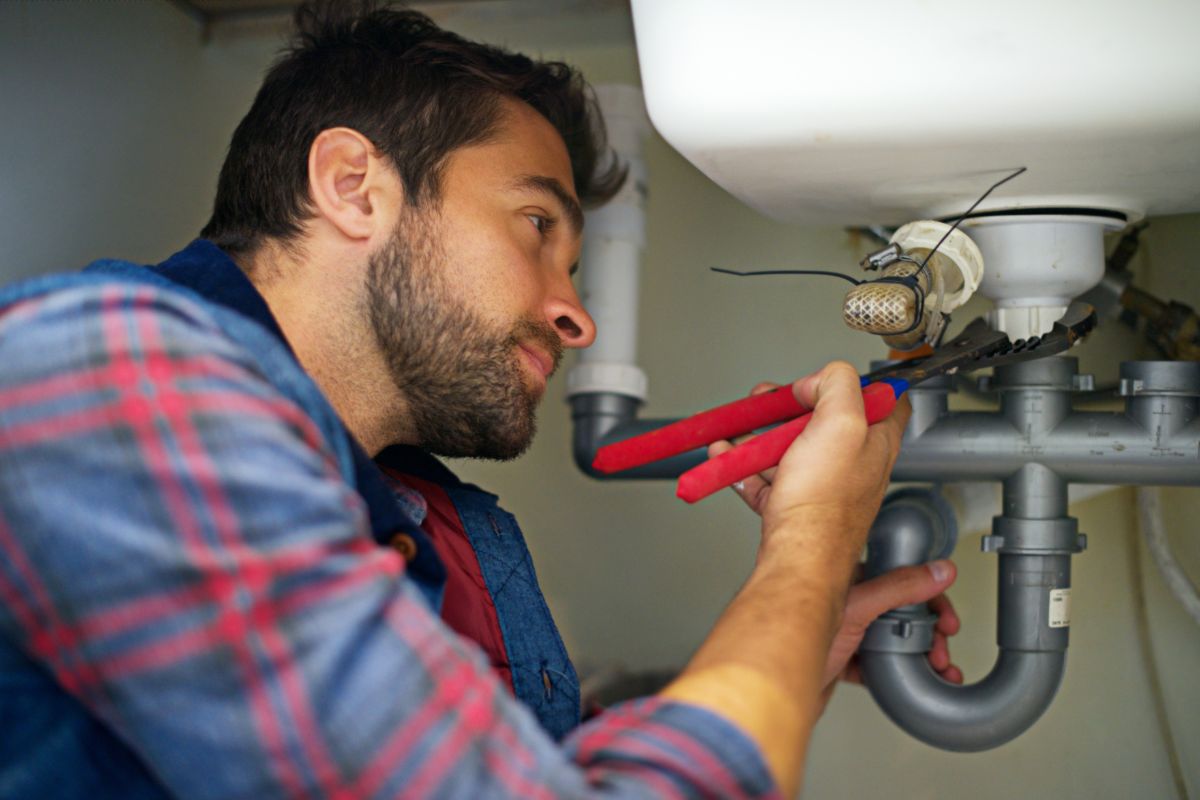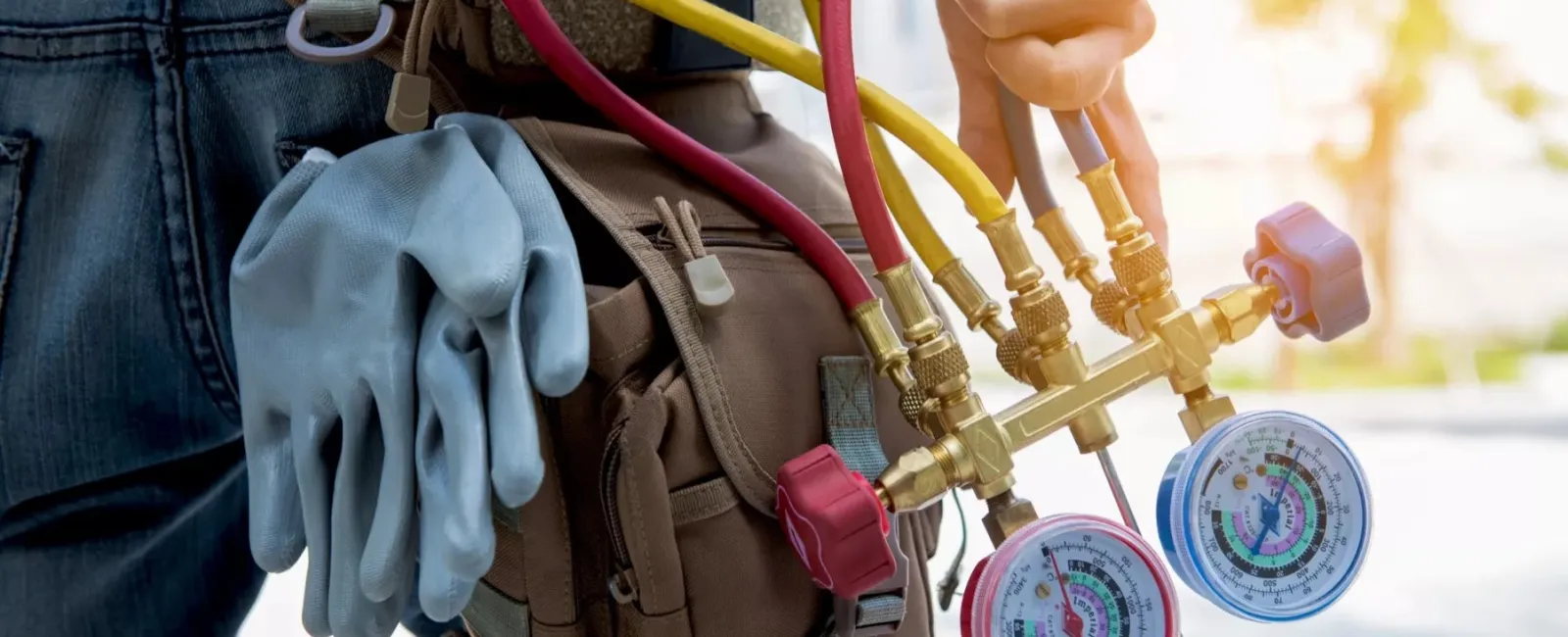This great article down the page on the subject of What to Do During a Plumbing Emergency is pretty much attention-grabbing. You should see for yourself.

Plumbing emergencies can strike any time, creating stress and anxiety and possible damages to your home. Whether it's a ruptured pipeline, a stopped up drainpipe, or a leaking faucet, understanding how to manage the situation until a specialist plumbing professional gets here can conserve you from additional issues. This article provides essential emergency situation pipes ideas to aid you minimize damages and gain back control during a plumbing situation.
Switch off the Water System
The primary step in any kind of pipes emergency situation is to turn off the supply of water. For localized concerns, such as a dripping faucet or commode, shut off the valve near the component. In the case of a significant leak or ruptured pipe, locate your home's major water shut-off valve and transform it off right away. Understanding the location of these shutoffs ahead of time can save valuable time throughout an emergency.
Shut Off Your Hot Water Heater
In specific emergencies, such as a ruptured pipe, it's important to turn off your water heater. This stops overheating or damages to the unit when water quits streaming. Turn off the power supply to the hot water heater (electric or gas) and allow it cool off to avoid prospective hazards.
Momentarily Stop a Ruptured Pipe
A ruptured pipe can lead to considerable water damage in mins. To reduce the issue:
Call a professional plumbing technician immediately to attend to the problem completely.
Have an Emergency Pipes Kit
Prepare a fundamental pipes emergency set to handle minor concerns effectively. Your set needs to include:
Having these devices available can make a considerable distinction in your ability to manage emergencies.
Unclog Drains Safely.
A blocked drain can be a discouraging and untidy problem. Right here's exactly how to tackle it:.
If these methods don't work, avoid using excessive pressure, as it might get worse the clog.
Take Care Of Overflowing Toilets.
An overruning bathroom can trigger instant mayhem. Right here's what you ought to do:.
Address Tiny Leakages with Momentary Repairs.
Small leakages can swiftly become significant troubles if left untreated. Utilize these temporary solutions up until professional help gets here:.
While these solutions aren't long-term, they can help reduce water loss and damages.
Manage Frozen Pipeline Carefully.
In cooler climates, frozen pipelines are a typical emergency. If you believe an icy pipe:.
Know When to Call an Expert.
While quick fixes can help briefly, certain pipes issues call for immediate specialist interest. Call a plumbing if:.
Without delay getting in touch with a specialist ensures the concern is resolved properly and protects against further issues.
Protect against Further Damages.
Taking fast action to lessen damage can save you money and time in the long run. Right here's just how:.
Verdict.
Pipes emergencies can be overwhelming, however with the appropriate knowledge and tools, you can handle the scenario effectively until assistance shows up. By switching off the water supply, dealing with tiny leaks, and utilizing short-lived fixes, you can reduce damages and maintain your home safe. Remember, these suggestions are momentary remedies; always seek advice from an accredited plumbing technician to take care of the origin of the trouble. Prep work and quick thinking are your best allies in any plumbing emergency.
8 Helpful Tips for Managing Plumbing Emergencies at Home
If your plumbing system hasn’t failed once, wait for it because almost everyone has a story to tell. Sometimes, it could be simple emergencies such as a leaking pipe, a blocked cistern, or even a big burst pipe. In situations like this, you need to have some handy tips to save you some money and from possible damages.
Take care of minor issues early.
Sometimes, you could have avoided an emergency by taking proactive measures while it was still early. Some major plumbing emergencies can be a result of an ignored minor issue. We recommend that you have items like plumbing tapes and other related items. A plumbing tape can allow you to manage minor leaks before the plumber arrives.
Cut off the water supply.
This tip is essential in almost any type of leakage problem. For problems like minor leakages in the toilet or kitchen, turn off the supply that takes water to the affected pipes. If the leakage is a major pipe, you must shut off the supply valve to the entire building. This will help you avoid flooding your home and neighbors if you share a flat.
Know your plumbing system
Folks typically move into a new apartment without understanding the water supply around the building. This can prove disastrous if a water emergency arises and the plumber is far away. The previous tip will prove useless if you don’t practice this one. More importantly, know where your water shut-off valve is located – you’ll need that knowledge to prevent potential home floods.
Have some common handy tools
There are lots of plumbing emergencies that you can handle without hiring a plumber. That’s why you must keep some tools available always. Some tools that you can use to fix simple plumbing emergencies easily include plumbing tapes, screwdrivers, thread seal tapes, plungers, pliers, tape measures, and rubber gloves.
Insulate your pipes from cold
You’ll save yourself from many plumbing expenses if you protect your water pipes from the cold. This is because of the harmful effects that cold weather can have on your pipes. During winter, your pipes can burst from being overly expected to freezing temperatures. So, make sure insulators are there to keep the pipes working correctly.
Avoid practices that will clog your toilet.
Many people indulge in practices that can damage the plumbing system of the entire building. One of these is when they use their toilet to dispose-off garbage. They flush all kinds of things, such as paper towels, bandages, hairs, female sanitary products, etc., down the toilet. This will block your toilet in the long run, incurring unnecessary expenditures. Dump such waste in the trash instead.
Check your dials regularly.
Sometimes, there could be leakages in your home without noticing them in time. So, constantly monitor your water meter dial. If the dial is reading when there is nobody using water, this is an indicator that there is leaking. Check for leaks immediately. Call a plumber as soon as possible if you can’t find any.
https://www.constructionplacements.com/8-helpful-tips-for-managing-plumbing-emergencies-at-home/

Do you appreciate more info about What to Do During a Plumbing Emergency? Post a review further down. We would be glad to find out your responses about this write up. We are looking forward to see you back again soon. Don't hesitate to take the time to distribute this blog if you liked it. Thank you so much for going through it.
Call